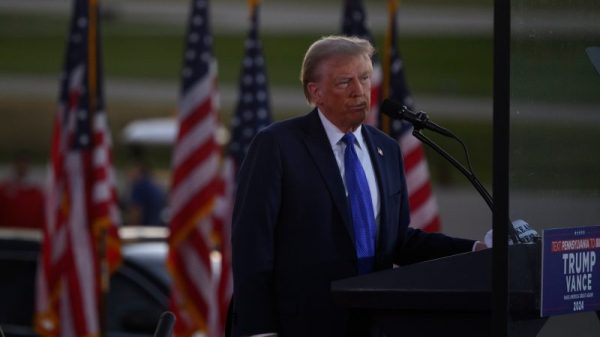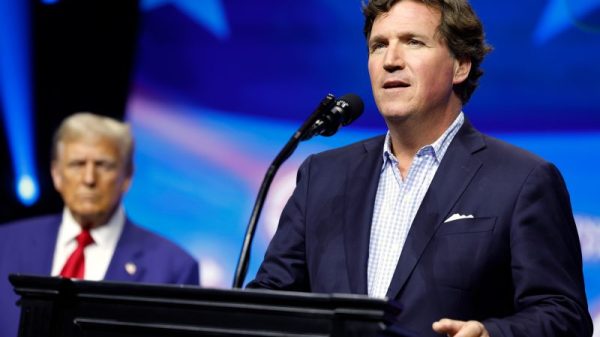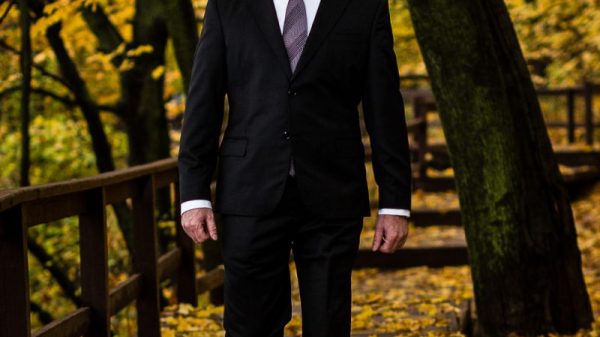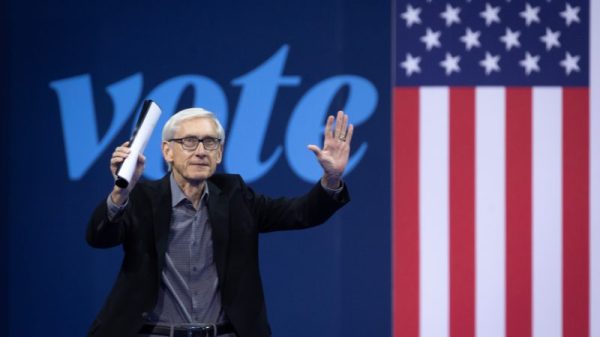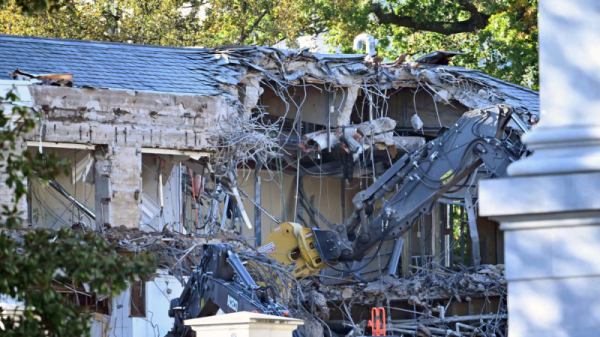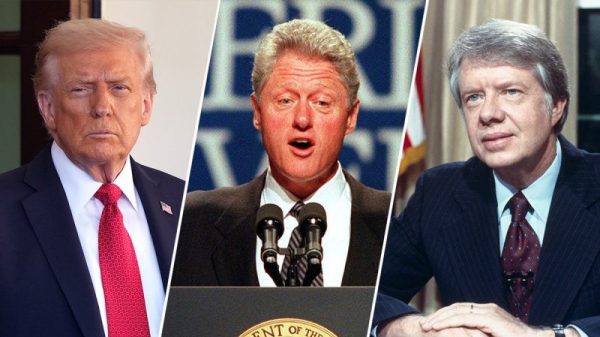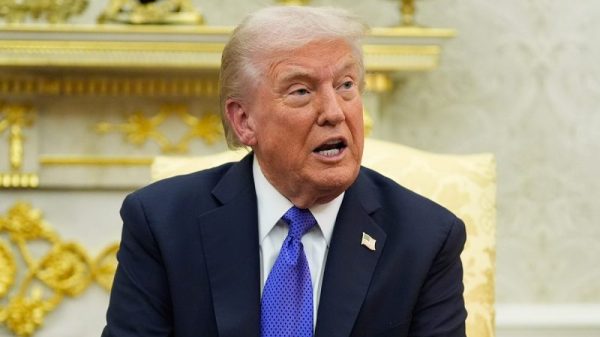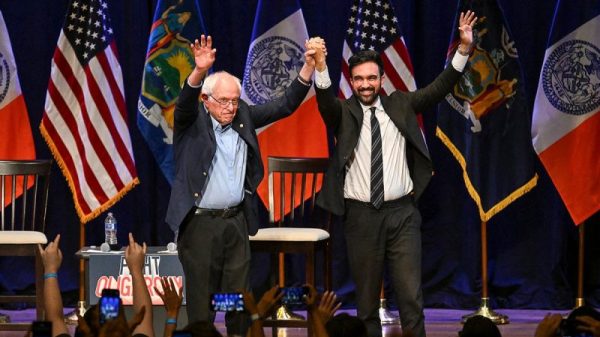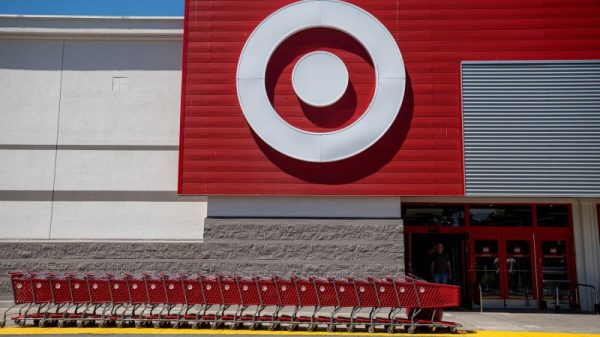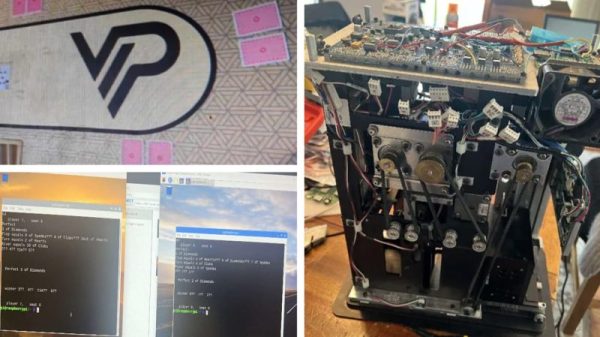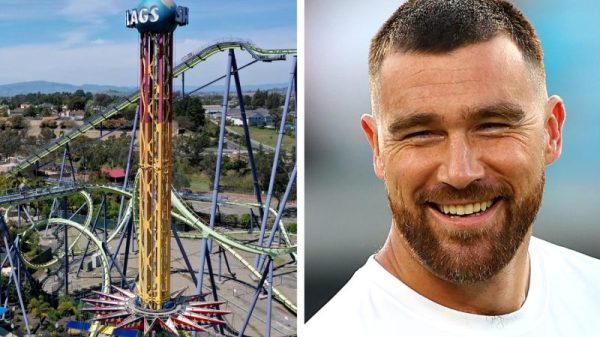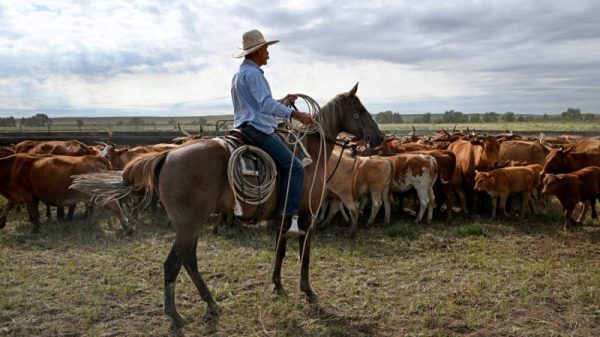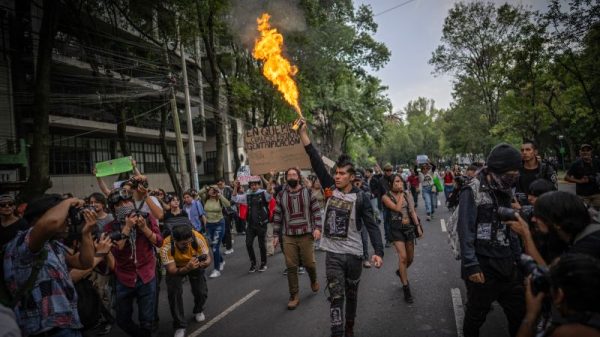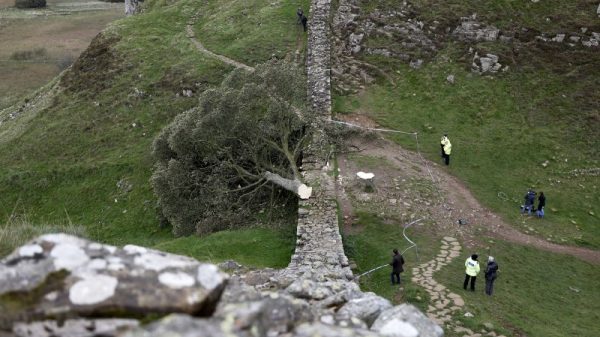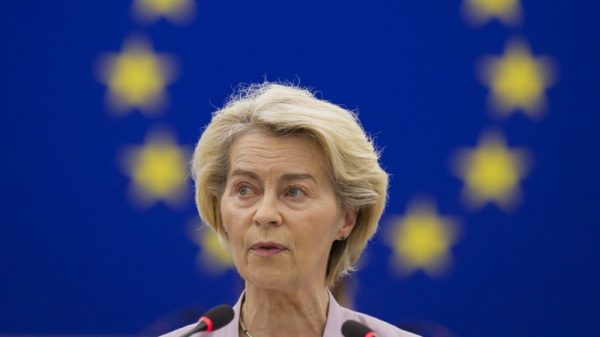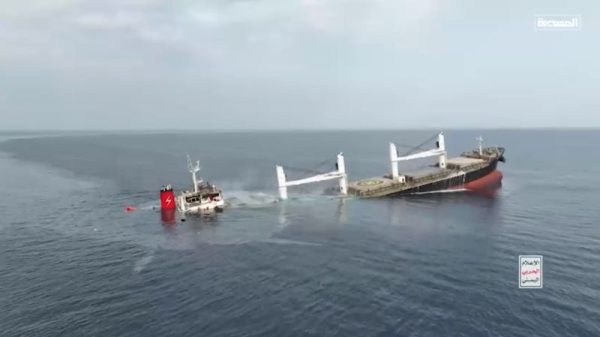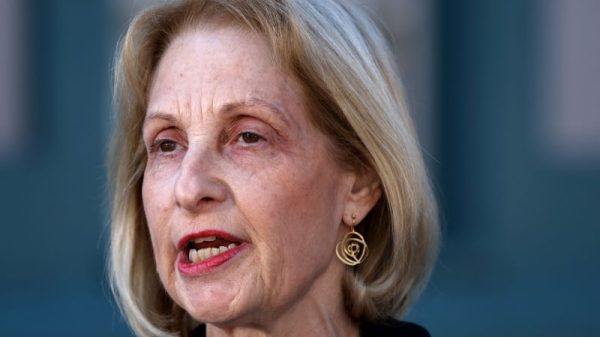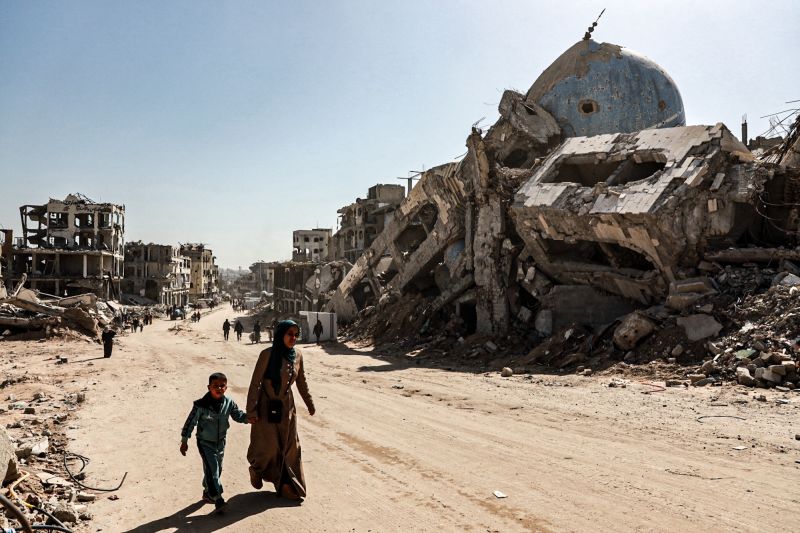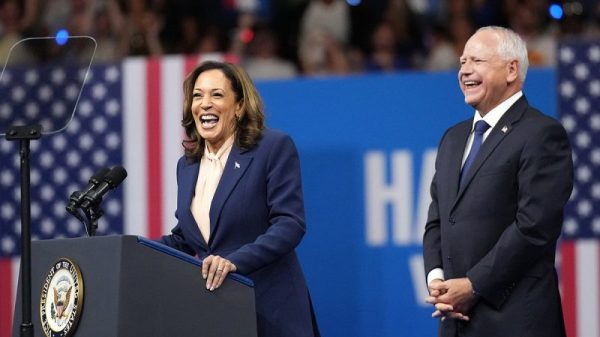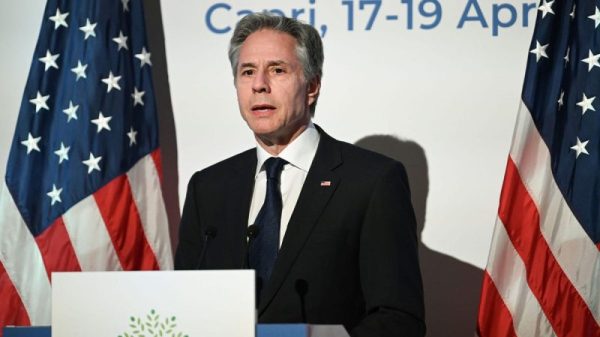In a move that brings the fate of the Gaza ceasefire even closer under his personal control, Israeli Prime Minister Benjamin Netanyahu is appointing a close political ally to lead talks over phase two of the current ceasefire in Gaza, replacing Israel’s previous chief negotiator.
Dermer replaces David Barnea, the head of Israel’s Mossad spy agency, who led talks in January that resulted in the current deal. The Israeli government has not confirmed whether Barnea will stay on as part of the Israeli negotiating team.
Talks on phase two of a ceasefire, which would see the withdrawal of all Israeli troops from Gaza and the release of all living hostages, were supposed to have begun more than two weeks ago. Even as Netanyahu says that the talks will now begin, it is unclear how committed the prime minister is to seeing them succeed. His finance minister, Bezalel Smotrich, has promised to withdraw from the government coalition if Israel does not return to war in Gaza when the current ceasefire expires on March 1.
The reshuffle in Israel’s negotiating approach comes as Hamas said that it would release the bodies of four hostages on Thursday, including the two youngest Israelis held by the group, Kfir and Ariel Bibas. The militant group is expected to release six living hostages on Saturday, and a further four bodies next week – all in exchange for more Palestinian prisoners held by Israel.
Removing Barnea sidelines Israel’s security establishment, with whom Netanyahu has frequently clashed.
On Tuesday, Foreign Minister Gideon Sa’ar said that phase two could be delayed if they believe there is “a constructive dialogue with a possible horizon of getting to an agreement.” He also said that if Israel believes that “negotiations are not leading anywhere,” the military would resume the war in Gaza.
Hamas negotiators in Cairo have appeared to accelerate delivery of their side of the 42-day phase one agreement, laying out a timeline for the return of the last remaining 14 hostages of the 33 agreed to be released in phase one – all to be completed by next week.
It was a shift by the terror group, which only last week threatened to derail talks completely, saying they would no longer hand over hostages and alleging Israel had failed to meet terms of the agreement, including by allowing prefabricated housing and heavy machinery to enter Gaza.
Netanyahu’s office on Tuesday said that it had “approved bringing only a small amount of caravans and heavy equipment into Gaza,” saying that it would “not in any way change the feasibility of implementing the Trump plan for voluntary immigration and creating another Gaza – to which Prime Minister Netanyahu is fully committed.”
US President Donald Trump has proposed that the United States “own” Gaza, and that 2.1 million Palestinians living there move to “beautiful sites” in Middle Eastern countries. The proposal has been welcomed by Netanyahu, but derided by Palestinian and Arab leaders alike, who characterize it as ethnic cleansing.
It is unclear what changed Hamas’s calculus to recommit to the hostages’ release in the coming days. US President Donald Trump had threatened that “all hell is going to break out” for Hamas unless they release all hostages by this past Saturday – a deadline that came and went without incident.
Trump’s envoy Witkoff outlined the challenges facing Netanyahu. “It just is a little bit more intricate and complicated in terms of how we bring the two sides together on this, because phase two contemplates an end of the war, but it also contemplates Hamas not being involved in the government and being gone from Gaza. So we’ve got to we’ve got to square those two things,” he told Fox News on Sunday.






